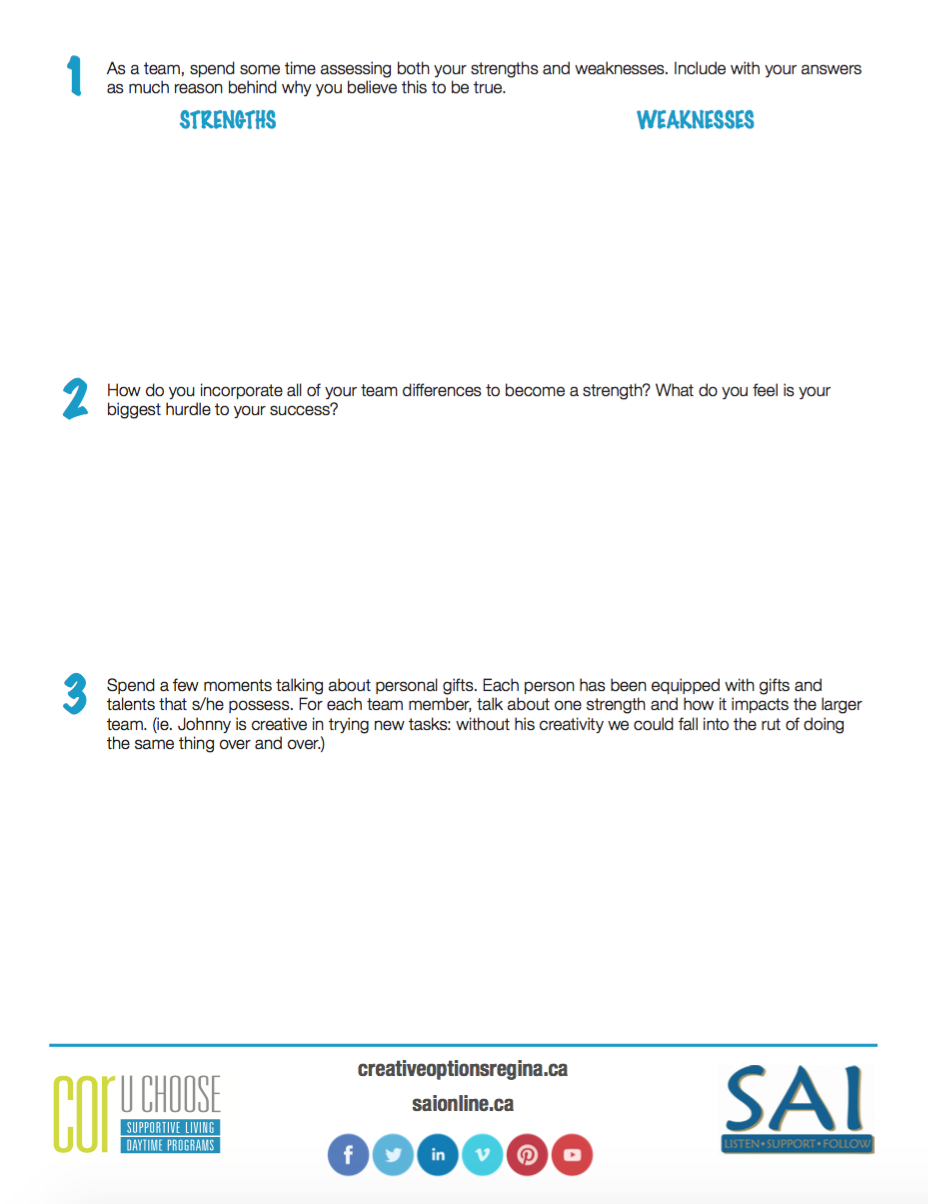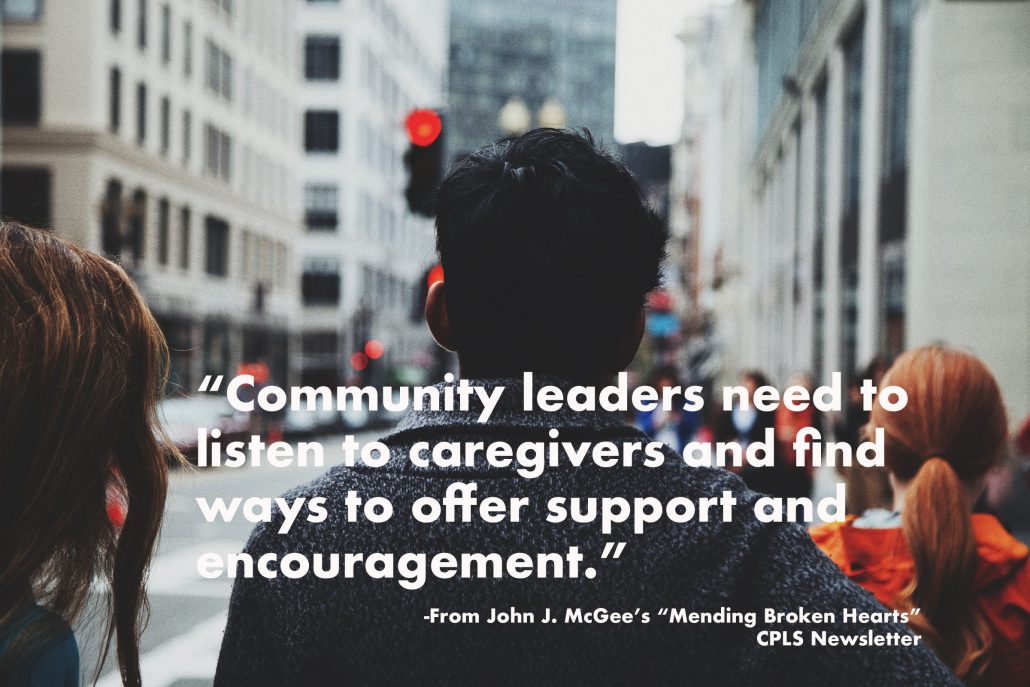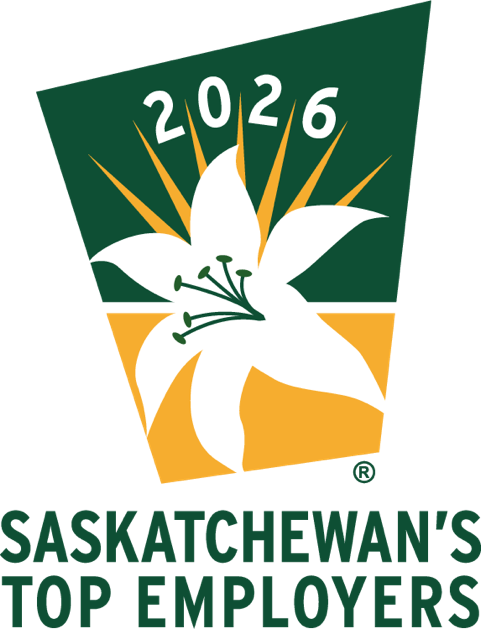Regina Leader-Post: Made-in-Saskatchewan sex-ed curriculum has global reach
Made-in-Saskatchewan sex-ed curriculum has global reach
Tell It Like It Is is a comprehensive sex ed courses designed for adults with intellectual and developmental disabilities.
She had been in an abusive relationship that was “very, very hard to leave,” and wanted to build her confidence and feel empowered to speak up for what she did and didn’t want with a partner, she says.
But there weren’t a lot of comprehensive sexual education courses designed for adults with intellectual and developmental disabilities — courses that would cover the whole range of subjects Hynd was interested in, from safety and healthy relationships to navigating dating, breakups and identity.
So when Hynd found out about the Tell It Like It Is program five years ago, she was thrilled.
“I would tell everyone that you should take this class,” she says. “We learn about relationships and consent. We also talk about safe pregnancy — how to be safe — and the unwanted pregnancy, if you don’t want to have it.
“I could learn a lot about relationships. How to say yes. How to say no. How to consent.”
Over a 10-week course, Tell It Like It Is covers communication skills, body parts and body image, online dating, birth control and safer sex practices, understanding different kinds of relationships, sex and pleasure, consent and boundaries.
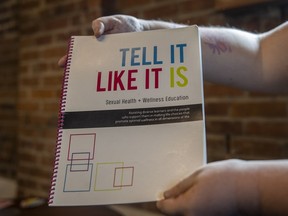
Natalya Mason, a sexual health consultant in Saskatoon, says research continues to show that sex-ed programs such as Tell It Like It Is are important safety tools.
“Providing a high-quality, comprehensive, evidence-based educational program to people with developmental and intellectual disabilities is the best way to help protect them from future abuse,” she says.
“That’s true for learners with disabilities, and that’s also true for learners without disabilities. And if they do find themselves in a situation where they’re uncertain or something bad has happened, it helps in being able to feel confident and capable to talk about these things.”
The Tell It Like It Is curriculum was designed and developed in Saskatchewan, and has become a shared project of Creative Options Regina, Saskatoon Sexual Heath and Inclusion Saskatchewan.
The curriculum is now being used all across Canada and far beyond.
“When you Google this topic, there are not a lot of resources out there — and ours is one of the first that pops up,” says Kristyn White, literacy facilitator for Creative Options Regina.
“At this point, I think we’ve connected with people in every province. We’ve also had several people in Australia download (the curriculum). People in Japan are downloading it. We’ve had people in India. We’ve had lots of people in Europe, and all throughout Canada and the States. It truly has a worldwide reach.”
White says this particular curriculum is helping fill a big gap in sexual health education: Disabled people, particularly intellectually or developmentally disabled people, often don’t get access to the information they want and need about sex, relationships and their own bodies.
“The general attitudes towards people with disabilities in relation to sexuality are pretty negative,” White says.
“Within society, there are so many assumptions — that disabled people are asexual, that they’re not interested in relationships. People have the idea that people with disabilities cannot consent, that they shouldn’t be allowed to consent, that they shouldn’t even be allowed to have relationships. So the opportunities for people to learn are few and far between.”
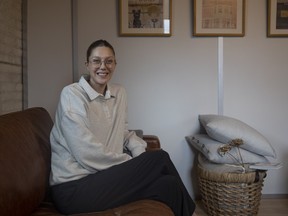
Mason says Tell It Like It Is is all about creating those opportunities — a space for open conversations, rather than assumptions, silence or censorship.
“There is an intentional focus on creating opportunities for people with disabilities to have fulfilling relationships — and, on their own terms, without any kind of judgment about what those relationships need to look like,” she says.
For Hynd herself, the Tell It Like It Is program at Creative Options Regina has become a comfortable, safe place to ask questions and practise her strategies for navigating important talks with friends and partners.
“Tell It Like It Is, I’m a pro at it now,” she said. “It’s been really helpful in my relationship that I’m in now, that is a lot better than my old one. I’m happier.
“And there’s one thing I’ve been working really hard on: I have a hard time saying ‘no’ to different things and different people. If I say ‘no,’ people might get mad at me or swear at me or never talk to me again. But now, I’m working on my boundaries.”
Read the story in the Saskatoon StarPhoenix and Regina Leader-Post, published on June 25, 2024.














